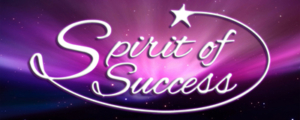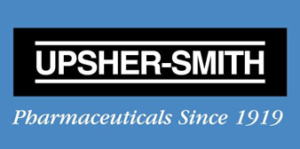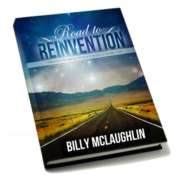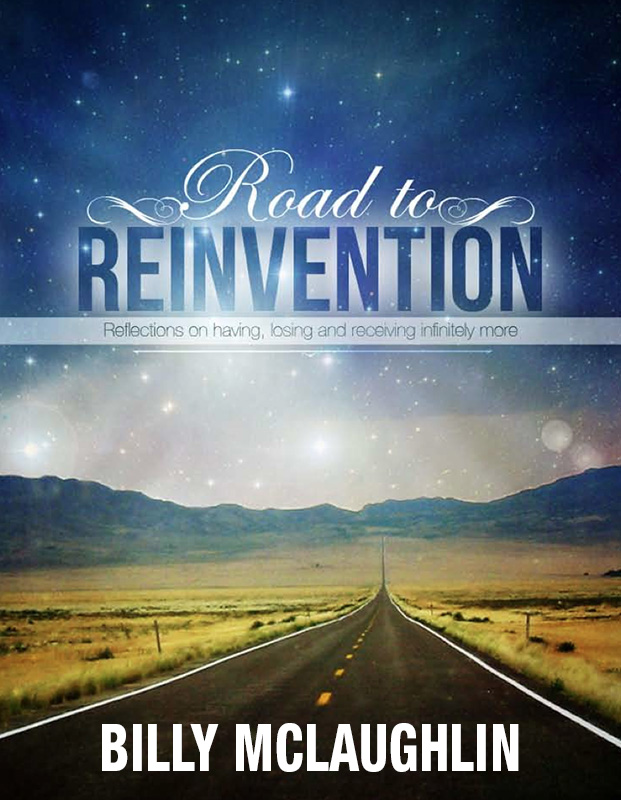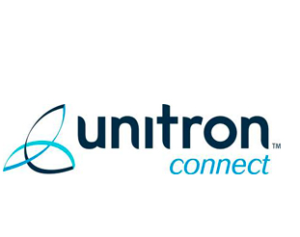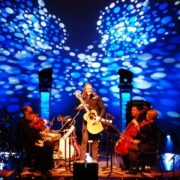Spirit of Success Testimonial
I had the opportunity to be a presenter at the Spirit of Success Entrepreneurial Summit October 17th. I want to share with you some feedback I received from a new colleague and friend, Terri Wilcox, at Resultants for Business, Inc. She put into words what I hope many others discover upon hearing my story and seeing me present.
“I wanted to let you know how great the presenters were at the Spirit of Success. I especially wanted to thank you for placing Billy McLaughlin in the morning to kick off the day. At first I was skeptical. I saw those guitars up there waiting for the speaker and as a business person attending strictly to glean new knowledge and strategy about business I was automatically disappointed with what I was expecting to be a long hour. That didn’t happen.
“As the presenter started to speak, and then play I first thought, ‘What am I going to get from this? He’s just telling us about his personal story.’ Then I started getting wrapped up in the total experience…the words, the business messages, the story, and the music. All were interspersed so that small nuggets of information infused into my brain. What seemed to be a scattered approach became more deliberate for learning.
“You see, many business leaders are pressed for time. They do not have the luxury of time to be creative. Their brains are working on the left side constantly. We look for structure, black and white answers, and concrete learning points…’give it to me straight and give it to me fast.’ Billy forced my brain to switch to the right side and for one hour allowed me to open up the gates of creativity and innovation. I don’t care how concrete our thinking, everyone has the ability to be creative in their own way…it’s a matter of choice. But what most busy people do, when in business, is to turn off their creative sides. Yet one of the most dangerous issues we observe today is watching a business grow and mature yet lose their ability to innovate. Once the innovation is lost, the business suffers. It cannot adapt to change so readily.
“Billy helped me to see business concepts I already knew, but in a creative way. My mind started racing, thinking about those concepts differently and actually applying some ideas right there on the spot. This presenter opened me up to accept the other presenters for the rest of the day. No wonder he got a standing ovation.”
-Terri Wilcox, SPHR, Business Advisor, Resultants for Business, Inc.
Pictures taken by TJ Jensen


